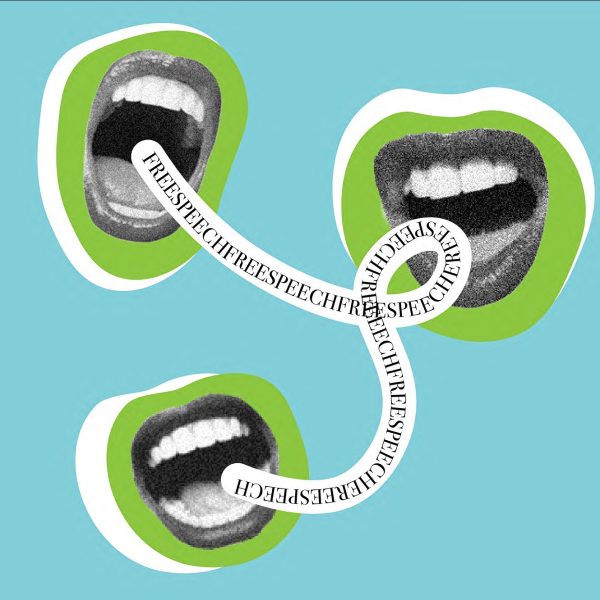Louisiana passes new hazing laws, Greek life raises awareness
September 27, 2019
In September 2017, LSU freshman Max Gruver died from alcohol poisoning during a pledge event organized by Phi Delta Theta.
Gruver, 18 years old when he passed, reportedly had a blood alcohol concentration of 0.495%, which is six times the legal limit to drive in the state of Louisiana.
Phi Delta Theta has been suspended on LSU’s campus until at least 2033, and the Louisiana State Legislature raised hazing from a misdemeanor to a felony. Additionally, the Louisiana Board of Regents passed the Max Gruver Act, signed by Governor John Bel Edwards, which requires all parties involved in a fatal hazing incident to “face up to five years in prison and fines up to $10,000.”
Along with prison time and fines, the Board of Regents created forms for anyone to report hazing allegations. Universities are also required to report hazing allegations to law enforcement rather than allowing a 14-day grace period for universities to investigate the allegation, which House Bill 443 eliminated.
This week marks National Hazing Prevention Week, running from Sept. 24-28. The observance of this week allows schools and organizations to raise awareness about hazing and advocate for its prevention.
The Tulane chapter of Alpha Delta Pi sorority is participating in the movement by tabling under Percival Stern Hall for the week.
“After the death of Max Gruver, his mother, an Alpha Delta Pi sister, started the Max Gruver Foundation. In partnership with them, Alpha Delta Pi raises awareness every year by participating in national hazing prevention week by advocating for ending hazing through sharing Max’s story,” Rachel Tarbox, an ADPi sister, said.
Tulane University’s hazing policy defines hazing as “acts of servitude and/or behavior that humiliates, degrades, embarrasses, harasses or ridicules an individual, or otherwise is harmful or potentially harmful to an individual’s physical, emotional, or psychological well-being.”
According to Liz Schafer, Director of Fraternity and Sorority Programs, the law applies to public and private universities alike.
“All institutions of higher education in Louisiana, including private universities, must comply with the reporting regulations outlined in Louisiana’s new hazing statutes,” Schafer said. “We also now require chapters to create a very detailed plan of all the activities they expect their new members to participate in. That plan is first approved by each chapter’s national organization, then approved by our staff, and finally sent to each new member of the organization.”
Tulane has incorporated the use of these forms, according to Chris Zacharda, Director of Student Conduct at Tulane.
“This [hazing] policy applies to all registered and departmental student organizations, including club sports, The Hullabaloo, and fraternities and sororities, as well as varsity athletics,” Zacharda said. “Reporting forms used to notify local law enforcement and the university have been uploaded into WaveSync and are also available for pick up at the Office of Student Conduct.”
Hazing reports may be made via WaveSync, the Tulane.edu/concerns page, or through the hazing hotline (504-862-3111). The hotline accepts anonymous reports.





















Matthew Culkin • Sep 28, 2019 at 5:43 pm
A .495% BAC is not hazing: it’s poisoning. The human body tends to shut down around .3% BAC. Only in the most ardent alcoholic is consciousness above .35% considered possible. This was an 18-year-old boy.
To reach such a high level, others would have had to either force had liquor into him at a rate impossible by normal standards, or to force alcohol into his increasingly lifeless, passed-out body. Those students at LSU murdered him.